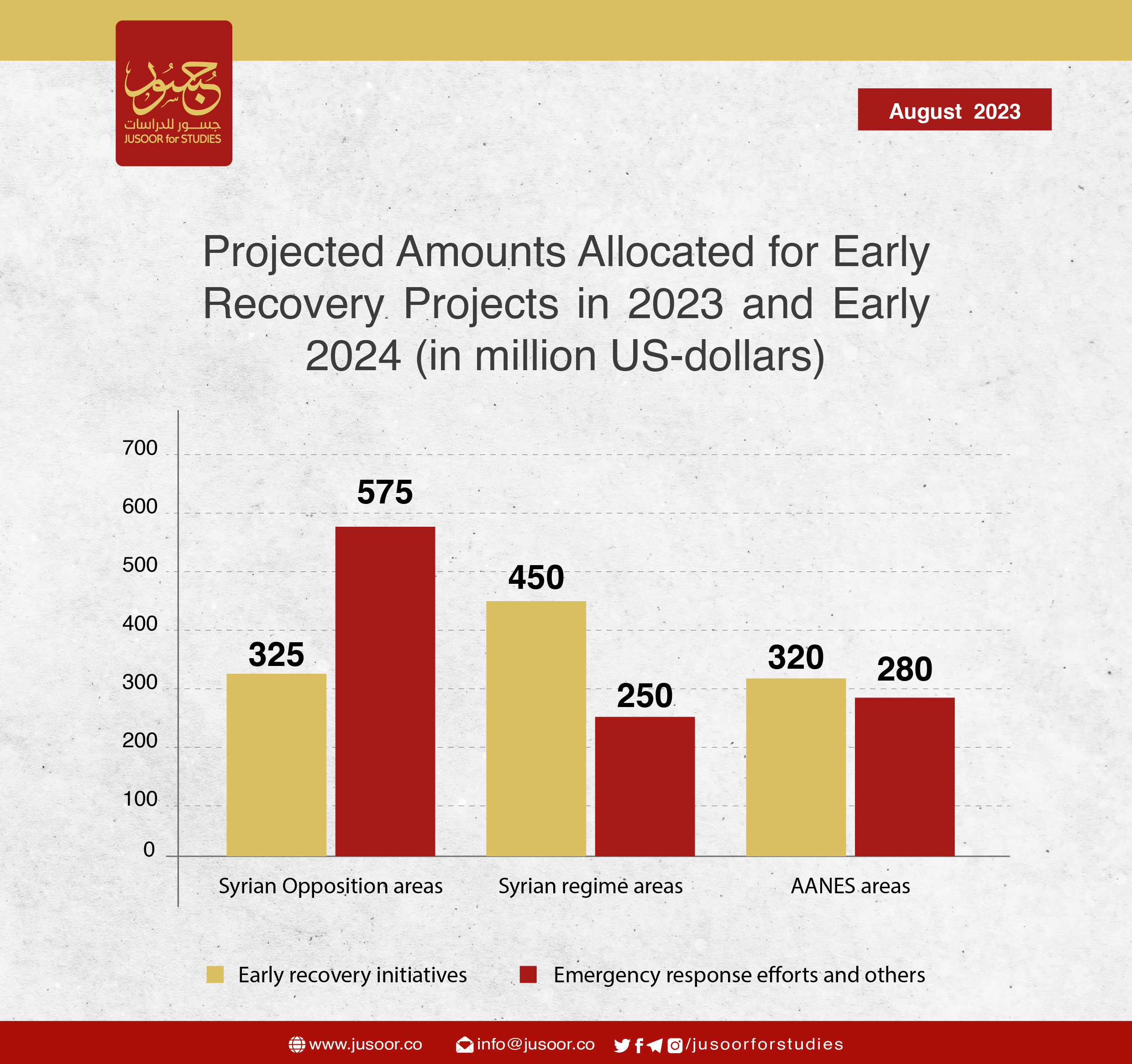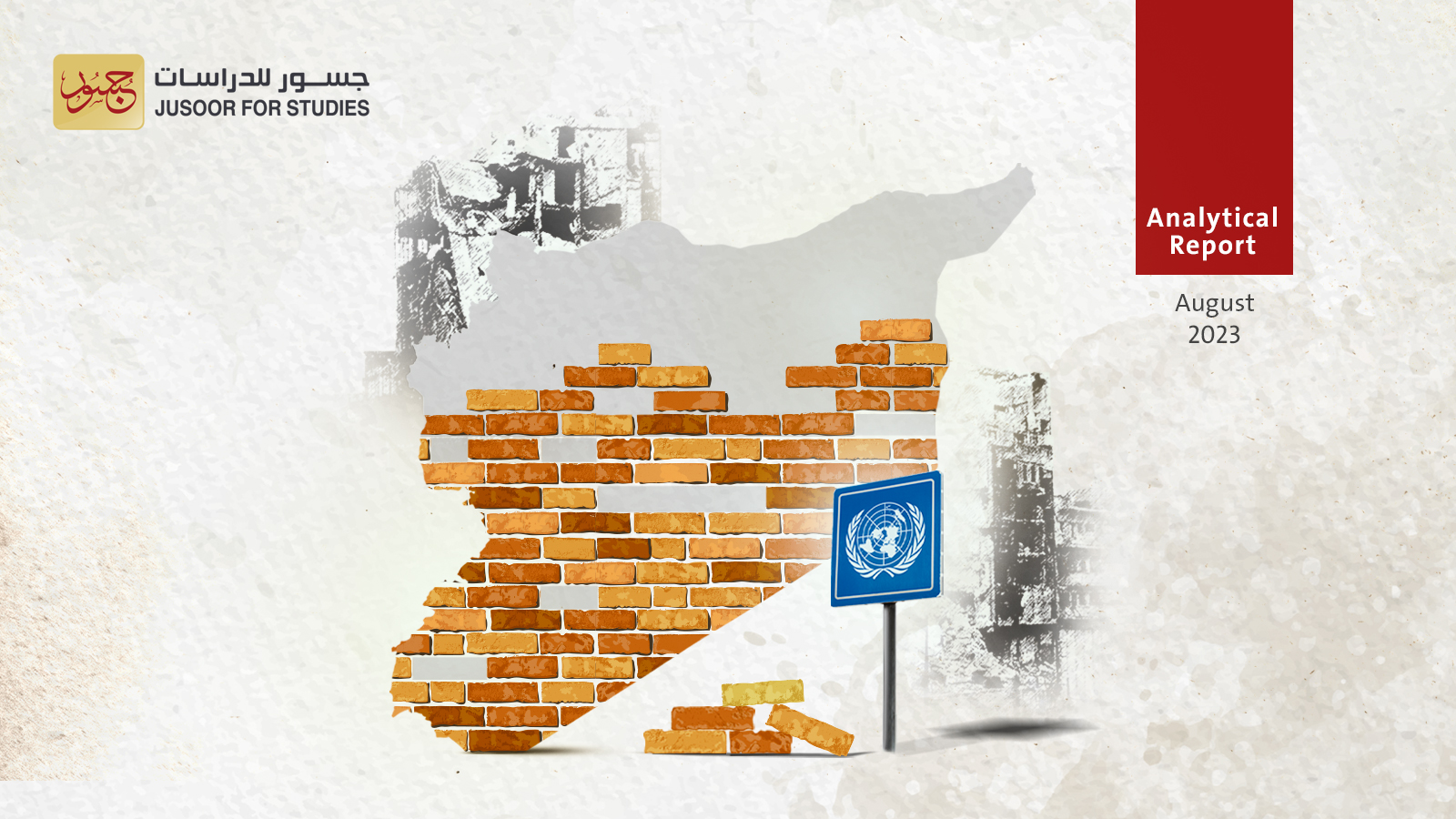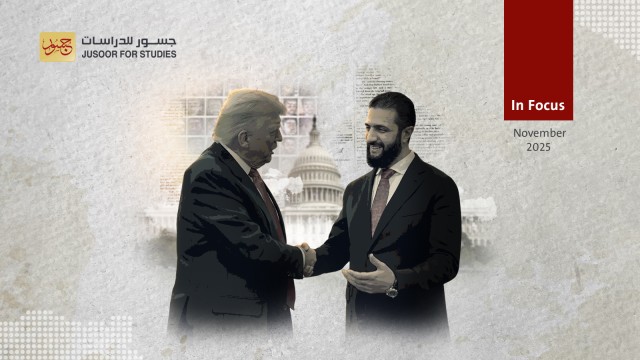Shaping Syria's Tomorrow: Balancing Early Recovery Efforts with Stakeholder Interests
Early recovery discussions typically arise in the aftermath of disasters, crises, and conflicts. The objective is to closely oversee the condition of a state or region, transitioning it from dependence on external aid to self-sufficiency .
In Syria, talks about early recovery lagged among donor nations until they themselves faced crises. The COVID-19 pandemic, which caused substantial challenges, and the outbreak of the Russia-Ukraine war have prompted Western countries to pivot from providing emergency aid to offering more sustainable and far-reaching assistance.
Arab stakeholders have become significantly involved in the early recovery efforts, garnering attention from both the regime and the opposition for their ability to stimulate economic activity. Some Arab capitals see these projects as an opportunity to bolster their incremental approach towards normalizing relations with the regime. The results of this strategy are expected to have a substantial impact on the nature, scope, longevity, and future of early recovery initiatives.
This report sheds light on the present landscape of early recovery projects and their potential trajectory, tailored for decision-makers and enthusiasts alike. Humanitarian institutions stand to gain by cultivating a strategy that resonates with the depicted scenarios. The report weaves together the tapestry of these projects' current state and their prospective evolution, anchored by the priorities of pivotal actors in the Syrian dossier and the broader recovery narrative. 








